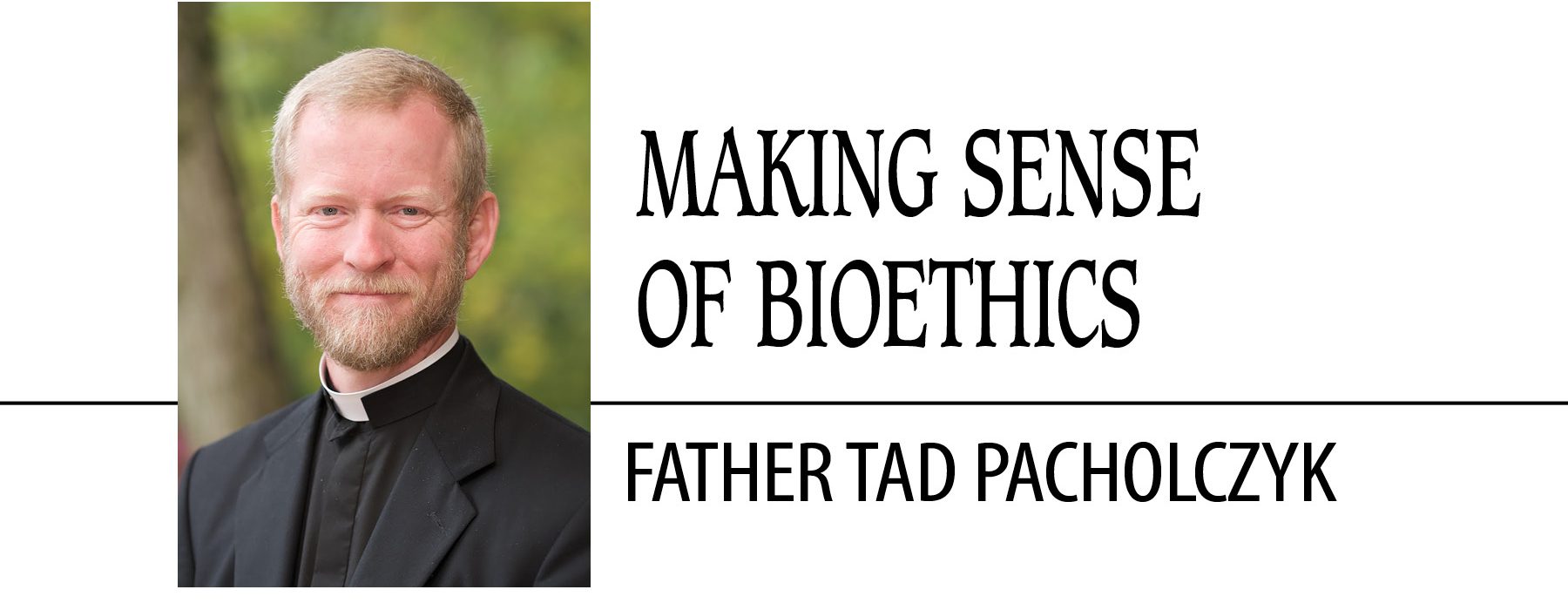October 25, 2023 // Perspective
Access to Your Newborn’s Blood?
Many parents and concerned citizens would probably be surprised to learn that their children’s blood samples are being accessed by law enforcement agencies without their knowledge or consent.
In 2021, the State Police of New Jersey sought access to a blood sample from the Newborn Screening Laboratory, a sample belonging to a child who had been screened nine years earlier as a newborn. They wanted to perform DNA analysis so they could try to connect the child’s father to a crime committed nearly 25 years earlier.
Filed away for a long time, these original paper medical forms, with spots of dried blood on them, contain the DNA of newborns. By obtaining the child’s bloodspot sample without a warrant, the state police were able to maneuver around the requirement to establish probable cause before seeking a warrant for a mouth swab from the suspect. The DNA results obtained from the child’s blood were used to submit an affidavit of probable cause, and a warrant was then issued for a mouth swab from the father. Following the analysis of his swabbed DNA, he was criminally charged.
Every baby born in New Jersey – and most other states, as well – is required by law to be tested for a number of diseases and disorders, often within 48 hours of birth, as part of a newborn screening program. By pricking the heel of the baby, hospitals and medical facilities collect blood samples from virtually all newborns in the United States. Many states retain the dried blood samples after the initial testing has been completed. Upwards of 4 million newborns are tested annually.
The goal is to identify a range of conditions and diseases in newborn babies in the hope of reducing their severity through early treatment. One of the most notable success stories involves a condition called phenylketonuria (PKU). When babies with PKU eat foods containing phenylalanine – an essential amino acid found in many common foods – they can suffer permanent brain damage. Before standardized newborn blood screening, families discovered that their child had the condition only after the child developed brain damage. With the advent of newborn screening for PKU in the 1960s, families could be told whether their child had the condition right after birth. They could then use a special diet to prevent permanent brain damage from occurring.
The fact that our DNA and our genetic code contains important personal information about us means that our individual “bio-informatics” should not be used or brokered by others without our awareness and consent. Medical confidentiality should be reasonably safeguarded as part of initiatives like the Newborn Bloodspot Screening Program. Legislative mandates requiring such newborn screening should thus allow parents to opt out, not only of the testing itself in the face of serious reasons but also of long-term storage and subsequent uses of their newborn’s biological samples, including by law enforcement.
Informed consent is also becoming important in the face of an ever-growing number of direct-to-consumer genetic testing options, such as 23andMe and Ancestry.com. Companies should assure that customers can retain real control over their data. Genetic privacy is a subset of medical privacy, and even those who upload their DNA data to genetic genealogy databases should have the opportunity to provide consent for retention of their data and for disclosure of these data to any third parties.
Informed consent serves as an essential bioethical principle in biomedicine today by providing a concrete safeguard for the dignity of those receiving medical treatments, or otherwise involved in human medical experimentation or research. It should not be contravened without due process and substantial reason.
Father Tadeusz Pacholczyk, Ph.D., serves as Senior Ethicist at the National Catholic Bioethics Center in Philadelphia.
The best news. Delivered to your inbox.
Subscribe to our mailing list today.






